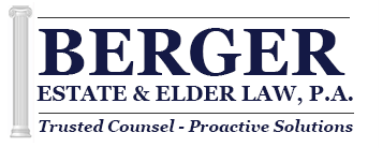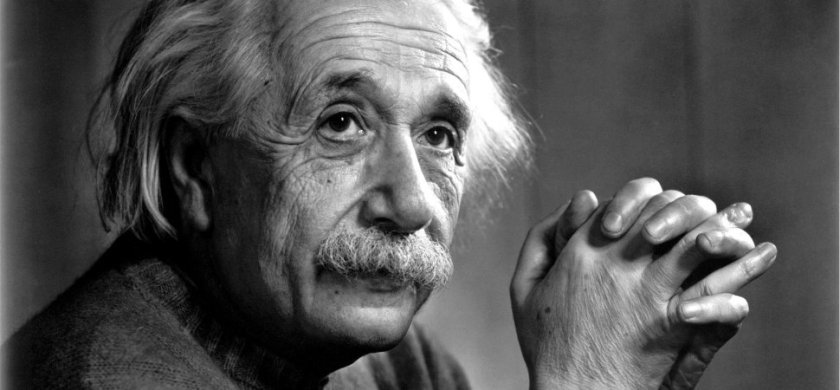I. Currently, how much can a person gift during life which will be free of federal estate taxes at death?
A. $4,450,00 plus $12,000 per donee per year
B. Any lifetime gift, regardless of the amount, will be subject to estate taxation.
C. $3,450,00 plus $13,000 per donee per year
D. $5,450,00 plus $14,000 per donee per year
II. As a general rule, almost any asset owned in a person’s sole name is subject to probate at his or her death.
A. True
B. False
III. Which of the following statements is / are true? The primary purpose of a revocable trust is to avoid probate.
A. The primary purpose of a revocable trust is to avoid probate.
B. Mortgaged property can be placed in a revocable trust
C. An amendment to a revocable trust can alter any substantive provision of the trust.
D. All of the above.
IV. What is the main objective of estate planning?
A. To avoid all taxes.
B. To dispose of a person’s assets according to his or her wishes.
C. To avoid probate.
V. The probate process involves all of the following EXCEPT:
A. Collecting and paying a decedent’s debts.
B. Distributing property to heirs and beneficiaries.
C. Preparing a person’s will.
D. Paying a decedent’s necessary taxes.
VI. Distribution of estate assets to a decedent’s heirs and beneficiaries takes place before the estate pays any creditor claims.
A. True
B. False
VII. In which of the following situations would payment of proceeds from a life insurance policy avoid probate?
A. When the proceeds exceed $1 million.
B. When a beneficiary has been designated.
C. Life insurance proceeds are always subject to probate regardless of the situation.
VIII. What party is responsible for overseeing the probate process and determining the outcome of estate claims?
A. The estate executor.
B. The decedent’s next of kin.
C. The probate judge.
IX. Who or what owns the title to property placed in a living trust?
A. The trustee.
B. The trust beneficiary.
C. The trust.
D. All of the above, jointly
X. What is the role of a successor trustee?
A. To establish and oversee a trust after the death of a decedent.
B. To assume responsibility of a trust and its assets when the original trust is no longer capable of the role.
C. To ensure that the provisions of a decedent’s will conform to the provisions of a trust.
XI. How will assets that pass per stirpes be paid?
A. Only to the spouse of a decedent.
B. To a beneficiary’s decedents if the beneficiary is not living at the time the assets are to be distributed.
C. Only to children of a decedent.
XII. The _______________ of an estate consists of all assets that are left over after all specific bequests have been made.
A. Principal
B. Residuary
C. Corpus
XIII. To ensure that assets in a trust cannot be attached by a beneficiary’s creditors, the trust should:
A. Not be funded until the settler dies.
B. Include a spendthrift provision.
C. Be set-up as an AB trust.
Answers
- D
- A
- D
- B
- C
- B
- B
- C
- A
- B
- B
- B
- B


 RSS Feed
RSS Feed